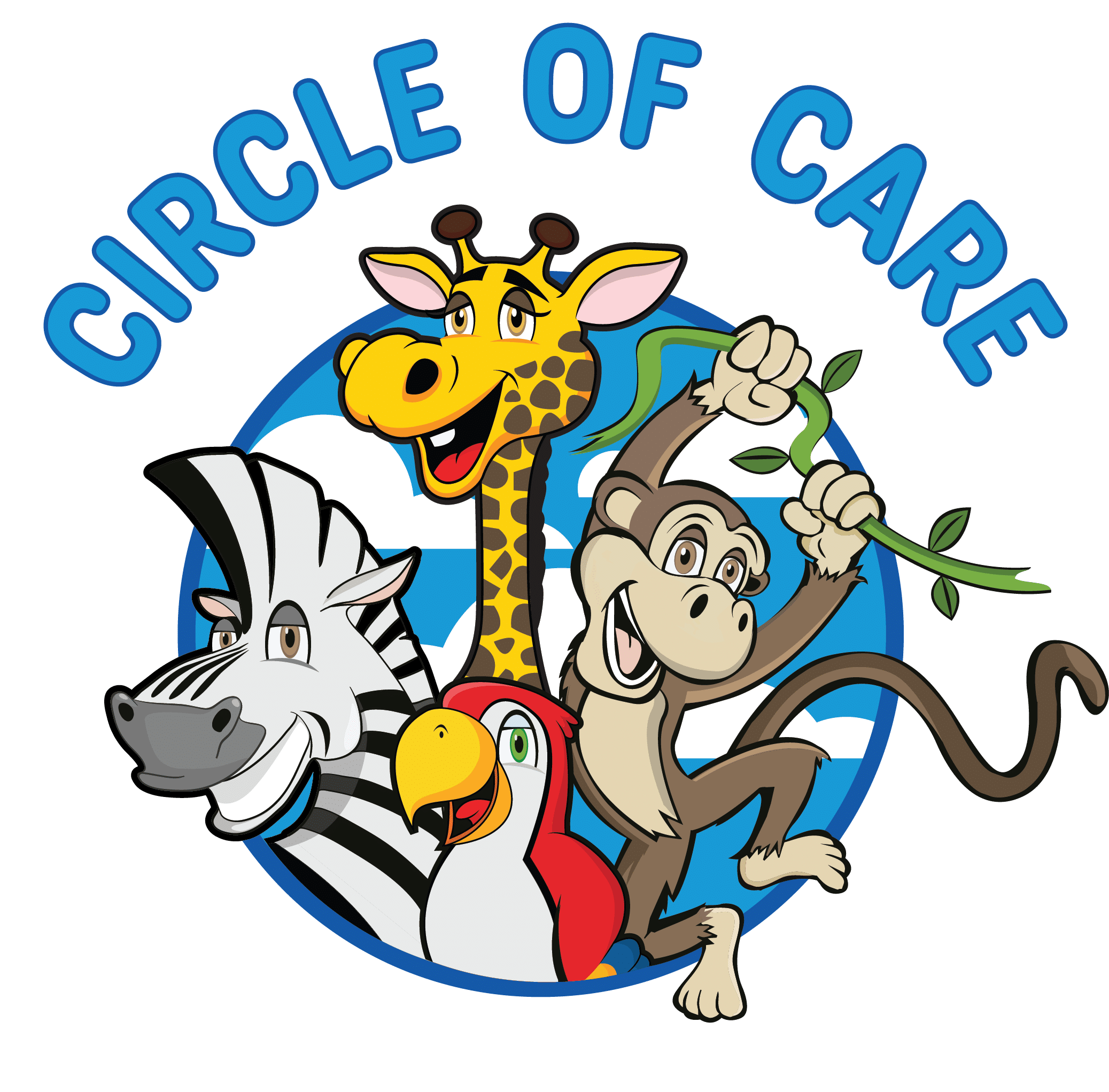The Role of Physical Therapy In Child Development

Author: Circle of Care
From the moment we are born, all throughout our teenage years, and until the beginning of adulthood, we experience a sequence of physical, linguistic, brain, and emotional changes. This progress leads the way from dependency to increasing independence to prepare for adult life. This whole process is called child development, and it’s strongly influenced by genetic factors but also by the environment we grow up in.
There are certain ‘developmental milestones’ that are expected from every kid at determined ages, like walking and talking. Checking a child’s developmental progress throughout the years not only ensures that the child is roughly ‘on track’ for their age, but it also enables the earliest possible detection of developmental challenges to get the proper treatment and avoid a negative impact later in life.
What is Pediatric Physical Therapy?
According to the United States National Library of Medicine, physical therapy, also known as physiotherapy, aims to relieve pain, help you move better, and strengthen weakened muscles. This can be attained by certain exercises, massages, and treatments that are based on physical stimuli—that is, heat, cold, electric currents, or ultrasound. But when referring specifically to pediatric physical therapy, the goal is to focus on helping children reach developmental milestones by improving mobility and easing the pain of certain conditions.
In order to achieve this, the role of pediatric physical therapists becomes crucial. As explained by the American Physical Therapy Association (APTA), these professionals have expertise in movement, motor development, and body function. They apply clinical reasoning during examination, evaluation, diagnosis, and intervention for their patients. Pediatric physical therapists also promote health and wellness as they implement a wide variety of support in collaboration with the children’s families and their communities. Other medical, educational, developmental, and rehabilitation specialists can also help to assist each child in reaching their own maximum potential.
How Does Physical Therapy Support Child Development?
When it comes to developmental milestones, we’re talking about so many different areas where a child is expected to make progress. Physical therapy can help with them all in a specific and specialized manner, but first, let’s go in-depth into the characteristics of each.
- Gross Motor Skills: Physical therapy targets large muscle groups to enhance coordination and balance crucial for activities like walking, jumping, and sports exploration.
- Fine Motor Skills: Specialized interventions focus on improving dexterity, precision, and hand-eye coordination necessary for tasks such as writing, drawing, and object manipulation.
- Balance and Coordination: Physical therapy fosters controlled posture and interprets multiple signals for functional movement, essential for everyday tasks and activities like playing Twister.
- Strength and Endurance: Therapeutic exercises build essential abilities for tasks like carrying school bags and holding pens properly, promoting muscle development, higher metabolism, and reducing obesity risk.
- Sensory Processing: Techniques help children perceive, organize, and respond to sensory information, influencing behavior in academic and social settings, fostering emotional regulation and self-calming skills like deep breathing.
What Are the Benefits of Pediatric Physical Therapy?
It’s been demonstrated that early intervention physical therapy can work wonders for child development in many different ways. when Not only does it lead to better mobility, improved coordination, and motor planning, but it can also boost your child’s social life and emotional regulation. This is because physical therapists will help your kid adapt properly to school and home dynamics so they can participate in fun activities with their peers, friends, and family, which has been proven to increase their confidence and self-esteem.
Another huge benefit of child physical therapy is that it helps your kid build a strong foundation of skills and abilities from their very first years and all throughout their childhood. The effects of this are likely to keep showing even after they reach adulthood, so it’s safe to say that physical therapy has a lasting impact on a child’s development.
Does My Child Need Physical Therapy?
As previously mentioned, there are certain developmental milestones expected from a child at different stages as they grow up. And even though every kid has their own journey, there are some signs of developmental delay that you should keep an eye on, just in case you need to draw upon physical therapy for diagnosis or treatment.
The most common in babies are turning their heads to only one side, walking exclusively on their toes, and the inability to sit up, crawl, or walk by the appropriate ages. But as for older kids, there are other signs that may indicate the need for physical therapy, such as avoiding physical activity, frequently complaining about sore limbs or joints, struggling to get up and down from the ground, having difficulty maintaining posture while sitting on the floor or at a table, and needing more energy and effort than their peers to complete a physical task.
Find a Pediatric Physical Therapist at Circle of Care
You should know by now each and every one of the benefits of pediatric physical therapy, and hopefully, you’ll be considering finding the perfect therapist for your child. If that’s the case, keep in mind that the service should be provided in the natural environment that the child spends most of their time in, whether it’s at home or at school. Our experienced team is here to support your child on their unique journey towards growth and independence. Don’t wait to see the transformative effects of pediatric physical therapy on your child’s life. Contact us today to learn more about our specialized programs and take the first step toward unlocking your child’s full potential.
Learn More About Our Pediatric Therapy Services at Circle of Care
